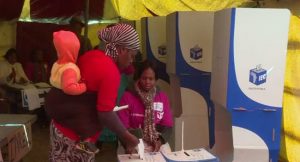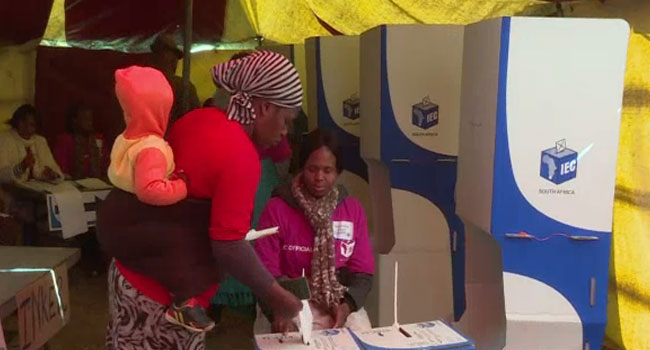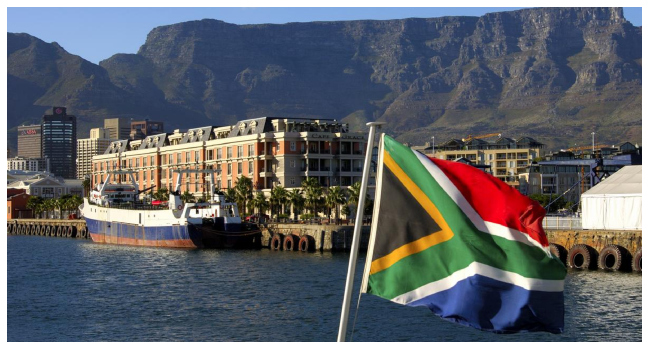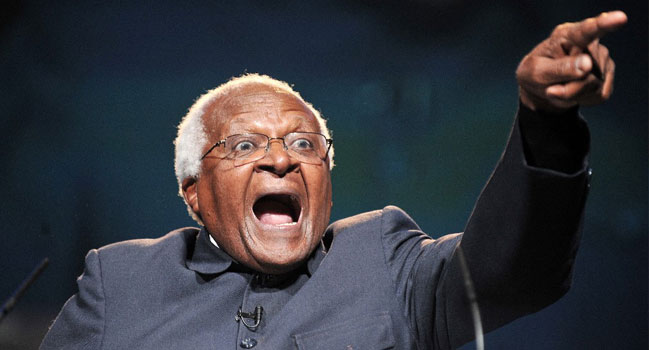
The African National Congress has ruled virtually unopposed since it ended white-minority rule in 1994 with Nelson Mandela at its helm, but has lost support – particularly in cities – among voters who feel their lives have not improved and accuse President Jacob Zuma of mismanaging the economy.
The ANC was still leading in the overall count in the nationwide municipal vote, with 95 per cent of ballots counted. But it lost to the main opposition Democratic Alliance (DA) in the municipality of Nelson Mandela Bay, which includes the city of Port Elizabeth.
The DA was also narrowly ahead in the economic hub of Johannesburg, and the two parties were on par in Tshwane, home to the capital Pretoria.
Since the end of apartheid, the ANC had enjoyed an iron electoral grip on these areas.
Now, no party looks likely to win a majority in these three urban centers, ushering in a new era of coalition politics as South Africa shifts from what has effectively been a one-party system in the period immediately post-apartheid.
This shift reshapes the political landscape in South Africa ahead of the 2019 national election, and may also embolden Zuma’s rivals within the ANC to challenge him.
The DA has retained control of Cape Town, which it has held since 2006.
Deputy President Cyril Ramaphosa said the party would do some soul searching, acknowledging that some critics had called the ANC “arrogant, self-centred, self-serving”, but saying those descriptions were unfair.
“We’ve lost Nelson Mandela Bay, we’ve conceded that we’ve lost it, and we are going to do an introspective look at ourselves… we are a party that is not going away,” he said.
The election also represents a political renaissance for the DA, which last year elected its first black leader, Mmusi Maimane, as part of its efforts to shake off its image as a party that mainly serves white interests. The party has its roots in the Progressive Party led by liberal whites who campaigned against apartheid during the era of white rule.
“I’m quite glad to announce the fact that, here in the city of Tshwane, by all of our current projections, certainly we will be the largest party,” Maimane said, although the two parties were by that point neck and neck there, at just over 42 per cent each, with 82 per cent of the votes counted.
Final results are due on Saturday.




